Russia to change its nuclear doctrine in response to West's 'escalation course'
Russia has decided to shift its nuclear doctrine in response to the West's "escalation course" in the Ukraine conflict.
Russian TASS state news agency cited Deputy Foreign Minister Sergei Ryabkov as saying on Sunday that Moscow had decided to revise its nuclear doctrine to reach a new balance in line with the escalation course adopted by the West.
“The work is at an advanced stage, and there is a clear intent to make corrections”, Ryabkov was cited as saying by TASS.
Ryabkov pointed out that Russia's decision on the matter is “connected with the escalation course of our Western adversaries” in connection with their proxy war using Ukrainian forces against Russian troops.
He did not specify what the new changes in mind for Russia's new nuclear doctrine would include. Ryabkov's comments came after in the recent meeting of the North Atlantic Treaty Organization's (NATO) members, they reaffirmed their commitment to stepping up their military aid to Ukraine.
The NATO meeting was arranged at Kiev’s request last week. NATO countries' ambassadors met with Ukrainian officials.
NATO Chief Jens Stoltenberg emphasized in an official statement from the meeting in Brussels on Wednesday, “We must continue to provide Ukraine with the equipment and munitions it needs to defend itself against Russia’s invasion. This is vital for Ukraine’s ability to stay in the fight.”
In response to Kiev's insistence on using warplanes, weapons and ammunition provided to the former Soviet Republic by the West to strike targets deep inside Russia, several NATO member states agreed to lift the restrictions placed on Kiev in using the long-range military hardware supplied by Western allies, especially the missiles.
Meantime, the present nuclear doctrine for Russia, which was approved in 2020 by President Vladimir Putin, specifies that Russian forces may use nuclear weapons in response to an enemy nuclear attack, or a conventional attack that threatened Russia’s sovereignty.
Russia, which sees the West's full out support for Kiev as a proxy war by the Western countries against the Russian nation, has repeatedly warned of Moscow’s intention to make changes and upgrade its nuclear deterrence forces to balance the new status quo.
Ryabkov’s comments were the most categorical statement on Russia's plan to proceed with a new nuclear doctrine to date.
Russia's message to the US-led NATO bloc has been clear till now: “Refrain from providing excessive military aid to Ukraine, lest you risk provoking a confrontation with Russia that could rapidly turn into a nuclear conflict.”
Moscow launched its special military operation in Ukraine on February 24, 2022, planning to liberate the Donbas region where the People's Republics of Donetsk and Lugansk had been living under regular attacks staged by the forces loyal to the neo-Nazi regime in Kiev.
In the past two-and-a-half years since Russia’s launched its campaign, the US-led NATO Western allies have provided Kiev with a huge and steady flow of weapons and ammo, pouring fuel on the fire in Ukraine and turning the conflict into a full-fledged war between the two neighboring countries, leaving heavy casualties on both sides.
Man convicted of spying for Israel’s Mossad executed in Iran
Iraq’s Nujaba warns will not hesitate to defend Iran in case of any attack
VIDEO | Anger, protests intensify over ICE shooting of protester in Minnesota, US
Iran launches global push to expose terrorist plot behind riots
VIDEO | Terrorists targetting religious sites in Iran
VIDEO | Terrorism in Iran, and massive property destruction
Israel to enter talks with US on new 10-year ‘security deal’: Report
Russia, China vow to strengthen strategic partnership to counter US


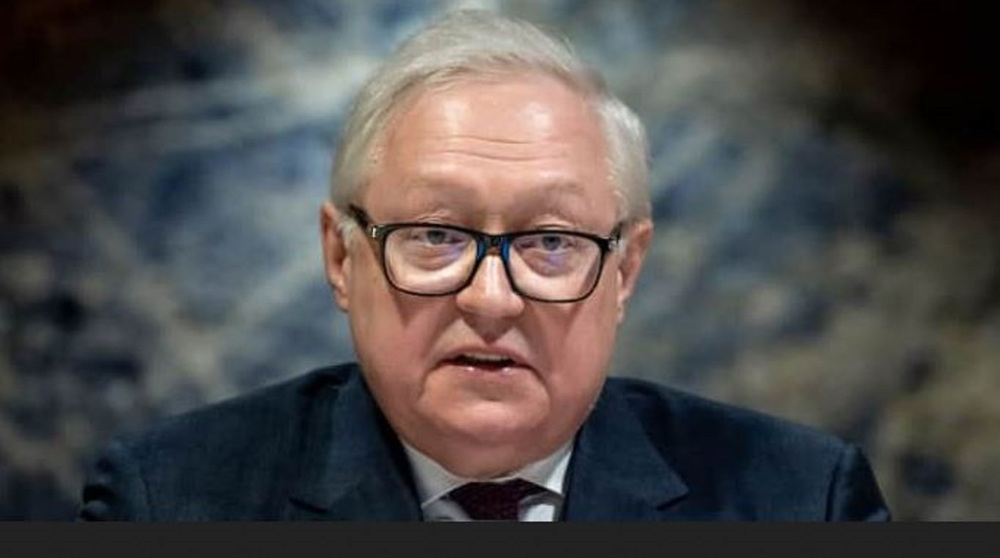
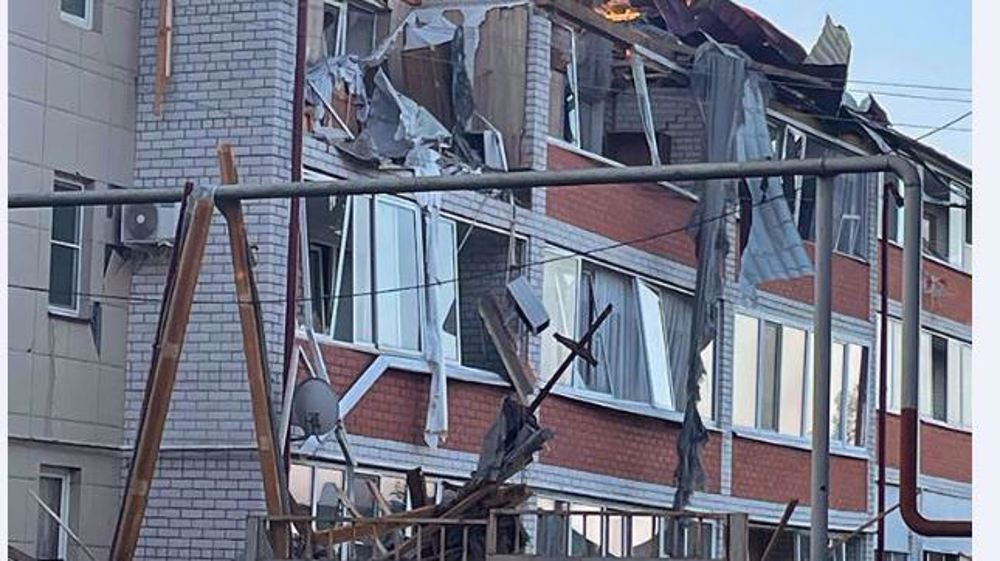
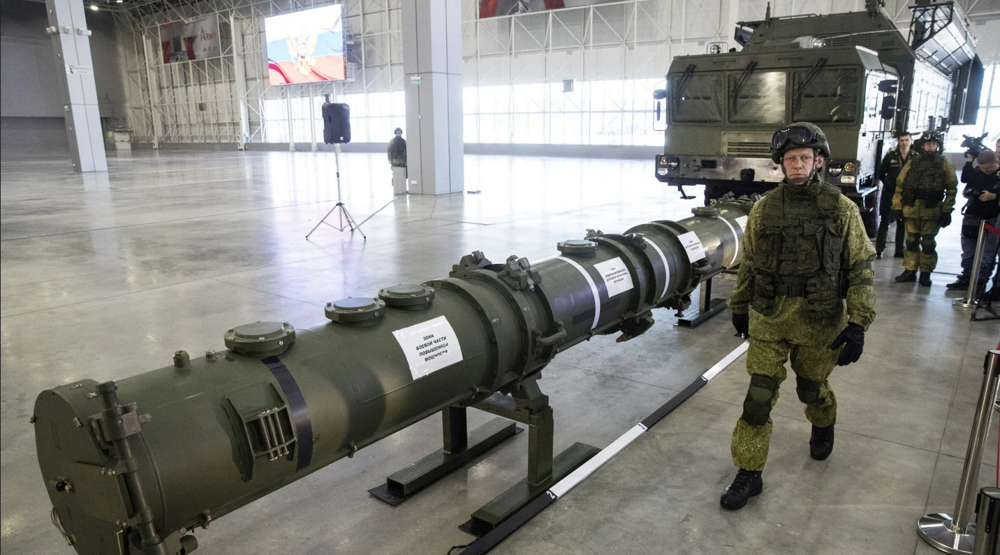
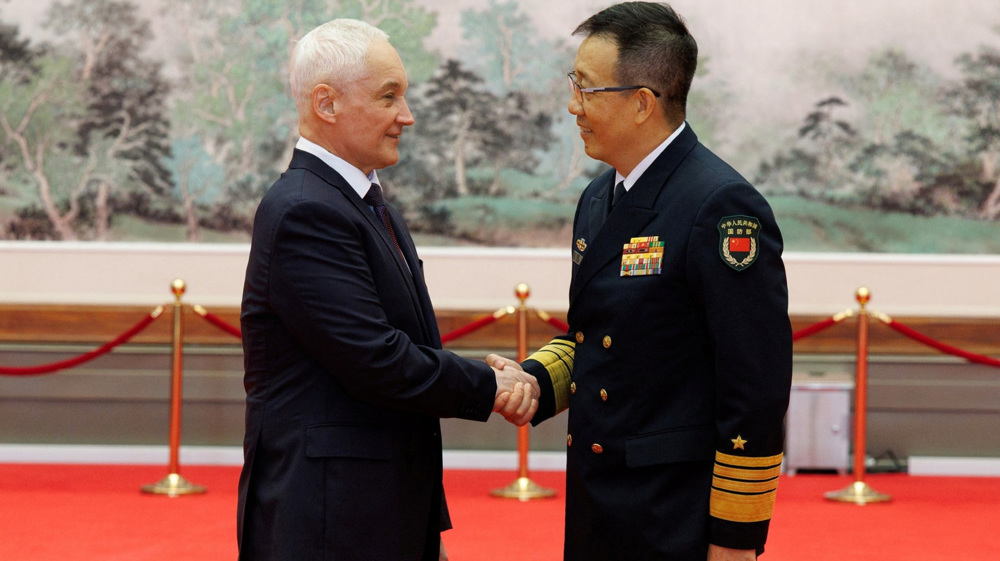
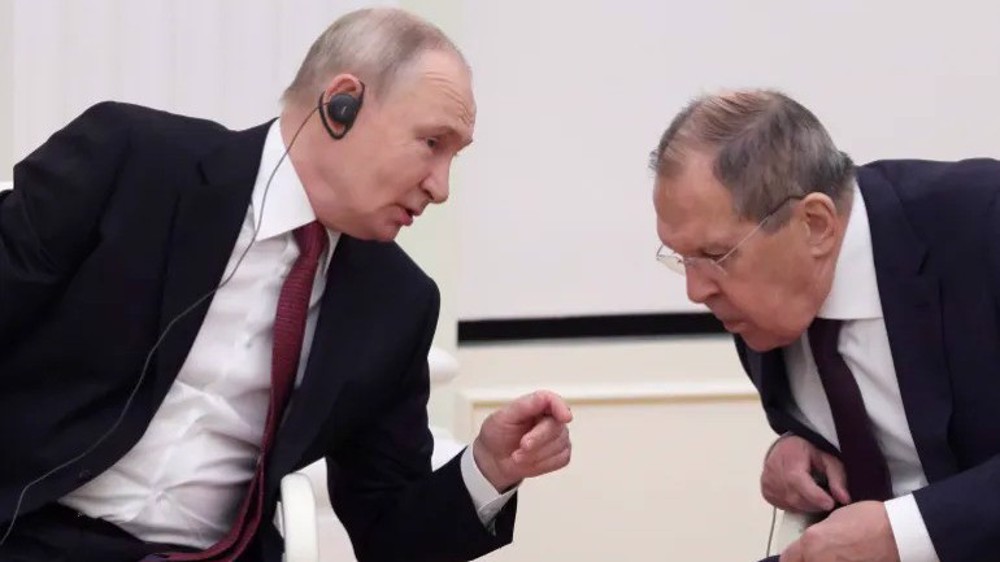
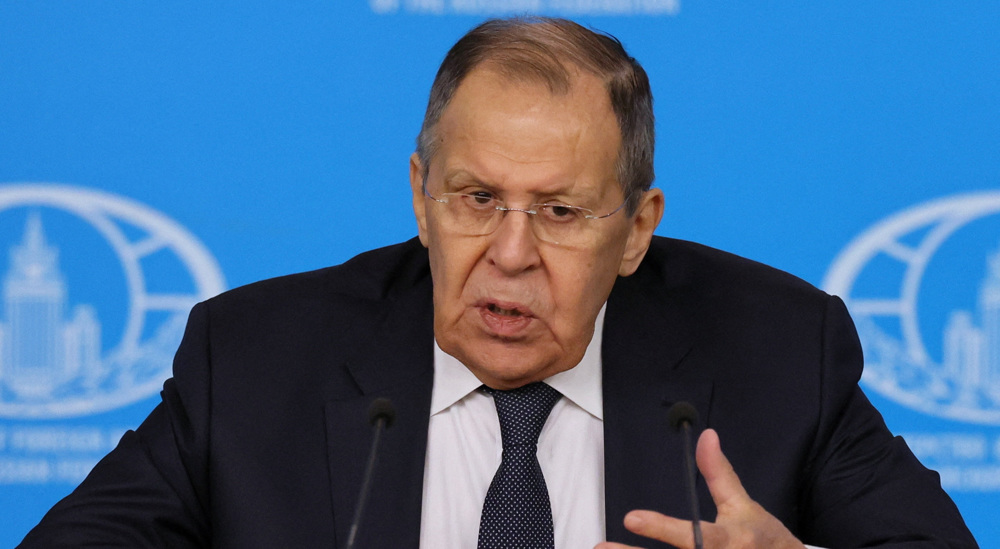



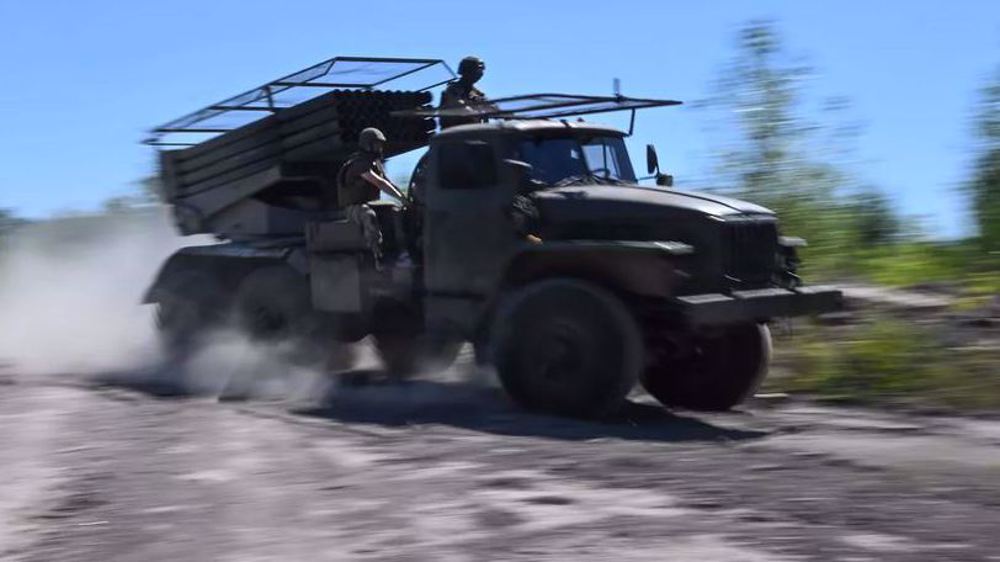
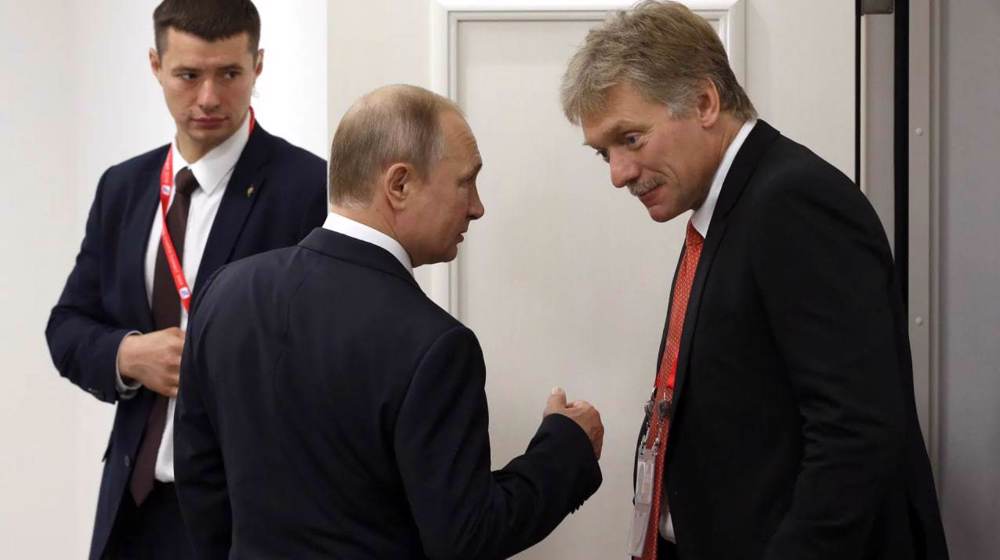
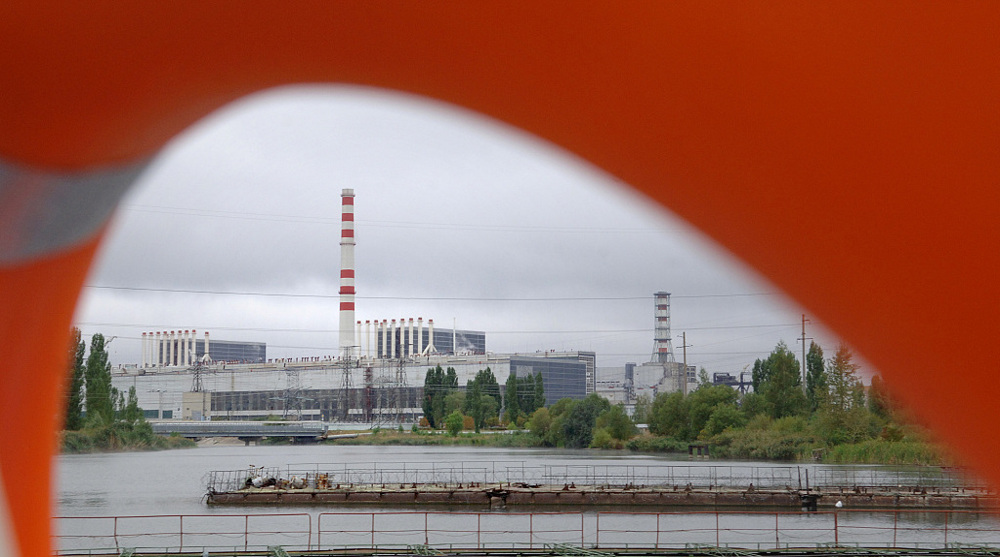

 This makes it easy to access the Press TV website
This makes it easy to access the Press TV website